As opposed to THC, CBD is a cannabinoid that is not psychoactive. The CB2 receptors that are related to CBD are largely responsible for the immune system, inflammation, and pain.
Studies have shown promise for CBD for dementia and Alzheimer’s. There have also been indications of CBD fighting tumor growth.
CBD is everywhere you look and many claims are being made about the plant-based compound. Is it a wonder drug, snake oil or somewhere in between? Research is ongoing, but studies have been occurring for more than a decade over the impact of CBD for brain and many of the findings are very positive. The relationship between CBD and the brain and their resulting influence on the body are worth reviewing.
CBD is a compound, one of many, derived from the cannabis plant. It is known as a cannabinoid. Another common cannabinoid is THC, which is the compound that produces a “high” feeling in those who consume it: it is psychoactive. CBD, on the other hand, is not psychoactive.
It is thought that CBD attaches itself to receptors in the brain, mimics natural cannabinoids in the body and helps promote the production of natural cannabinoids. The specific receptors, CB2, that are related to CBD are largely responsible for the immune system, inflammation and pain. They can also be related to motor skills and anxiety.
Dementia is an umbrella term under which Alzheimer’s falls as a specific type, or subset. All types of dementia impact the brain’s ability to function cognitively at a normal level, impact memory, and sometimes motor skills. Studies have shown promise for CBD for dementia and CBD for Alzheimer’s in effectively delaying the onset and progression of Alzheimer’s.
Some studies seem to indicate that cannabinoids fight tumor growth at the molecular level. CBD antitumor effects need more research, but the findings so far are interesting. The Concussion Alliance reports that a study done by the University of Miami found that CBD for traumatic brain injury showed positive findings and on concussions in particular. The more CBD is researched, it seems, the more opportunities abound.
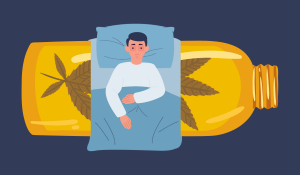
If you've ever wondered about using CBD for insomnia, you should know how CBD helps anxiety, stabilizes your sleep-wake cycle, and makes falling asleep easier.
Read More
CBD-infused salad dressing: Imagine a fresh, crisp salad enhanced with a light, herbaceous vinaigrette containing your daily dose of CBD. To create this, you’ll need...
Read More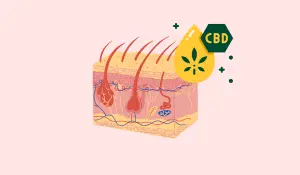
1. What Is CBD and Why Is It a Game-Changer for Skin Health? CBD (cannabidiol) is a natural compound extracted from the hemp plant. Unlike...
Read More
The Legal Landscape of CBD The 2018 Farm Bill and Its Impact The signing of the Agriculture Improvement Act of 2018, commonly known as the...
Read More
Breakthrough #1: CBD’s Role in Chronic Pain Relief Chronic pain robs people of precious moments. A 2021 study in the Journal of Pain Research highlights...
Read More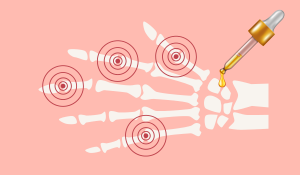
Understanding Arthritis Pain Arthritis is a chronic condition that affects daily activities, from opening jars to taking walks. Here’s a look at the two most...
Read More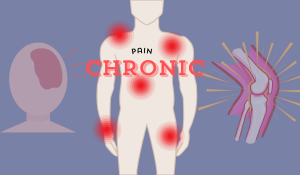
Types of Pain CBD May Alleviate CBD shows promise in managing various types of pain: CBD vs. Traditional Painkillers Traditional painkillers like opioids can be...
Read More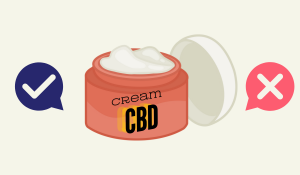
CBD Cream Side Effects – Focusing on Topical Applications How CBD Creams are Made Ever wondered how CBD creams come to life? It’s a fascinating...
Read More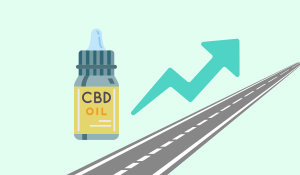
Therapeutic Uses of CBD Managing Chronic Pain with CBD Struggling with chronic pain? CBD might help. Studies suggest it can reduce inflammation and alleviate discomfort,...
Read More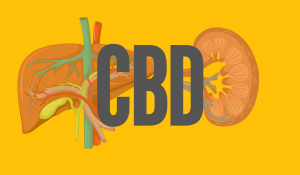
Concerns About Potential Side Effects on Liver and Kidneys Despite its growing acceptance, concerns about CBD’s effects on vital organs like the liver and kidneys...
Read More